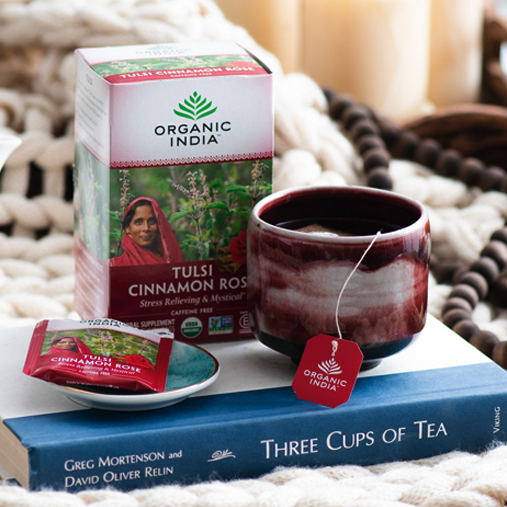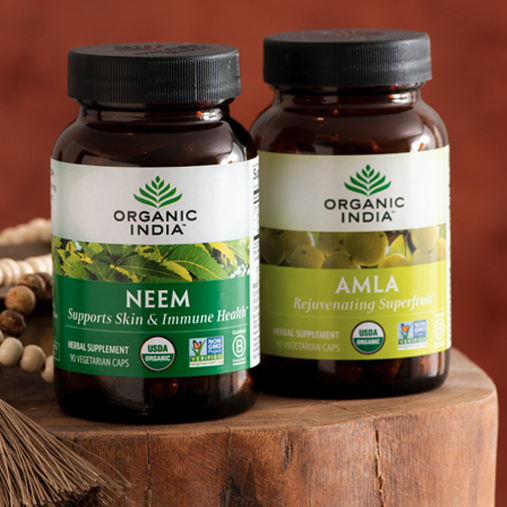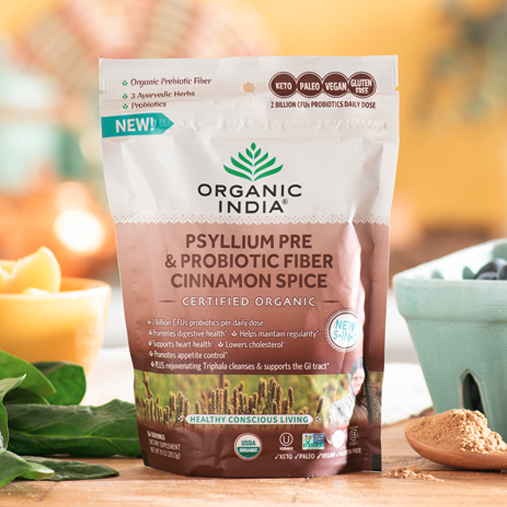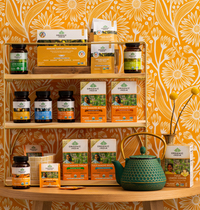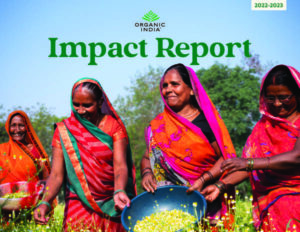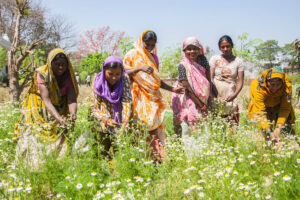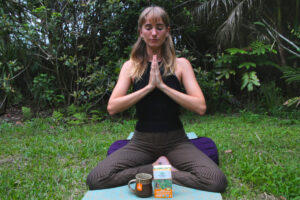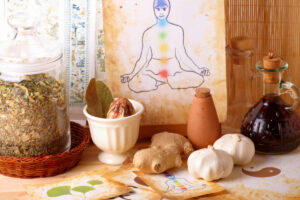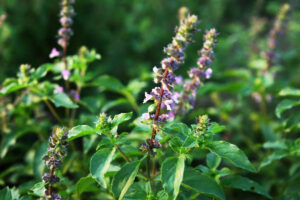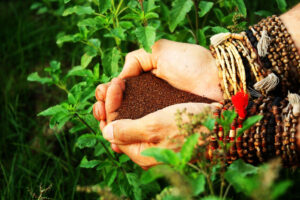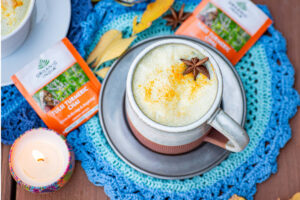Back
In exploring your body through observation, rather than judgment, you may find a different reality emerges than the one you’ve been fixating on — one in which you find that you are more deserving of happiness, and one in which you feel more peaceful and loving toward yourself and others. Loving your body may inspire you to engage in activities that uplift the world. In recognizing this link between self-love and universal love, it becomes easier to understand what the sages and poets have been saying all along: We are the world in the most literal sense — to love ourselves is to love the world; to give to ourselves is to give to the world.
Thus, we each have a responsibility to find self-love, regardless of our flaws. For if we cannot recognize our strengths, we cannot utilize them, much less affect positive change in the world. The author of Body Kindness, Rebecca Scritchfield, wrote, “Loving yourself is grounded in respect for all parts of yourself and your life experiences, even the difficult ones.” “[It is] the desire to continue to look after your well-being.”
What Is the Self?
From neuroscience to psychology to Eastern mysticism, the self denotes a sense of “me,” the person you take yourself to be. This “me” is fashioned out of myriad influences that create an identity associated with your memories, hopes and dreams, relatives, friends, accomplishments, failures, ethnicity, nationality, and so on. The self, then, is truly just an idea — or a “sense,” as some might say. So how do you love an idea? Perhaps the way to do this is to honor it for what it is rather than try to change or suppress it.
The Power of Observation
By observing yourself — your desires, thoughts, habits, tendencies, and relationships — you get a better picture of what is standing in the way of self-love because the very act of observation affords you the neutrality and silence needed for clarity.
Rumi, the great 13th Century Sufi poet, spoke of observation in relation to discovering the ultimate expression of love that underlies everything through the practice of Muraqabah, an Arabic word that translates to “observation.” Muraqabah is a form of meditation through which insight into the ultimate truth becomes possible. Sages throughout history have referred to this truth as love — that which has no opposite, can never be extinguished, and cannot be understood or controlled by the mind.
Rumi wrote, “Your task is not to seek for love, but merely to seek and find all the barriers within yourself that you have built against it.” Love is the essence of everything, and out of this all else appears. While the body is a temporary biological being, love is eternal and exists as the very essence of what we are. So that begs the question, Why is the body important at all? The answer is simple: We need our bodies to experience life and to help others, and it’s for this reason that we should keep our bodies healthy.
The Power of Love
By opening up to self-love, you become more aware of how to nurture the parts of yourself that need tending. This care may come in the form of eating better, healing yourself with herbs that don’t come with side effects, exercise, stress reduction, and psychological therapy.
The most troubling aspect of today’s chaotic world is stress, an intangible danger that can wreak havoc on your physical health and cause you to sacrifice your mental and emotional well-being. Stress often arises from the way we react to, and regard both internal and external events. It is born of the self and how we have learned to perceive stimuli. If you apply observation to your life and attitudes, however, you may discover that stress is mostly avoidable. And while this isn’t necessarily easy to do — because our habits, opinions, and reactions are very deeply entrenched — there are steps you can take to change how you react to stressors in your life. Certain herbs, categorized as adaptogens, have proven to be helpful in dealing with stress and increasing mental relaxation and clarity. These include age-old Ayurvedic plants such as Ashwagandha, Tulsi, Gotu Kola, Bacopa (Brahmi), and more. Combined with meditation, exercise, a good diet, and a life of compassion toward yourself and others, adaptogenic
herbs help alleviate the physical and emotional symptoms chronic stress induces.
Meditation, of course, is known to be one of the greatest stress-reducers. Writing for the Chopra Foundation, Kayse Budd, MD, explains that meditation is an evidence-based tool that’s capable of healing anxiety. In meditation, you can learn to find stillness, the ultimate antidote to resistance and a key to heal anxiety. Budd wrote, “It is important for you to learn to have compassion for yourself for the vulnerability that is life on earth.” If worry is consuming you, you may discover that you’re attempting to control the uncontrollable, hoping for a specific outcome, and not trusting or surrendering to the greater intelligence and design of the universe. Meditation may be used to suit a number of life-enhancing goals, whether it’s to be calmer, more loving, or even to find out what lies beyond the body and sense of self.
Exercise is another way to love your body and relieve stress. But of all forms of fitness, yoga has become unparalleled in its popularity around the world — likely because it is both a physical outlet and offers restorative therapy. Yogi Ram Rao wrote that even the salutation, Namaste, at the beginning and end of each yoga session sets the tone for reducing stress. He explains that words “are not just elements to utter or write, they carry energy and travel through space as vibrations that can impact the receiver both negatively and positively. Pleasing words calm us while spiteful/vicious words ruffle us and disrupt our calm demeanor. Namaste is a pleasant-sounding, harmonious, and revered word that has its energetic effects on body, mind, and intellect.”
Loving Yourself Makes it Possible to Love Everything Else
Loving yourself is at the root of life and happiness in the world. To give to the world, you must first give to yourself. For each of us to love ourselves and flourish with gratitude, wrote Robert Emmons, professor of psychology at the University of California, Davis, “is to see all of life as a gift.”

